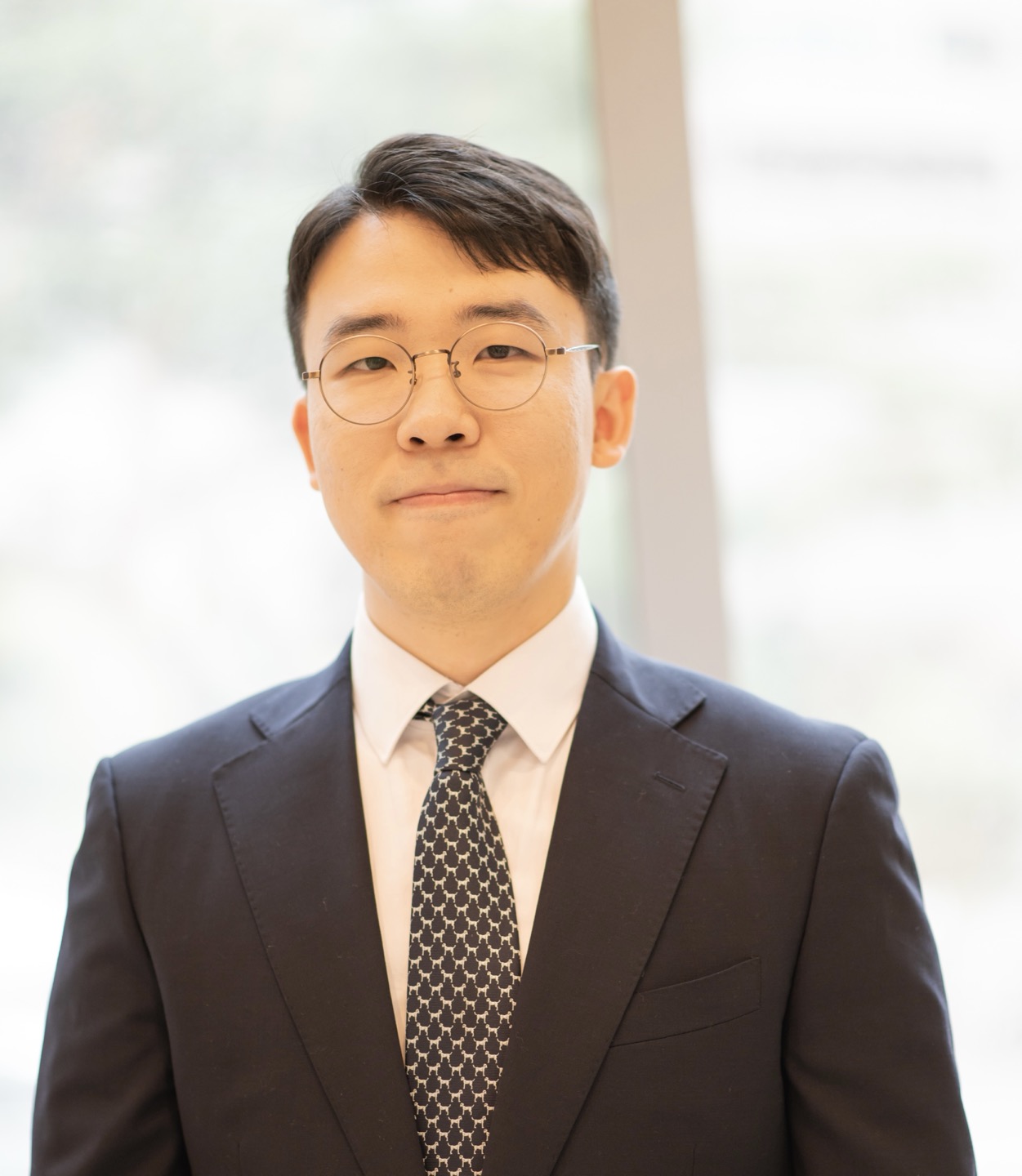About Me
Hi 🌍, thanks for visiting my website!
I am an applied development economist and data scientist focusing on food and environmental systems, global food security, humanitarian response, and development challenges in low and middle income countries. I am particularly motivated by the question of how humanitarian and development efforts can be both effective in reaching vulnerable populations and efficient in using scarce resources. This challenge is becoming increasingly urgent as global crises multiply and resources are stretched.
My research integrates diverse data sources—including household surveys, satellite imagery, and unstructured text—and applies methods such as natural language processing, causal inference, and machine learning to construct novel datasets, analyze the dynamics of food insecurity, anticipate emerging risks, and evaluate the effectiveness of policy and humanitarian interventions.
Research Interests:
My research looks at the drivers of food security and nutrition, especially how agriculture, the environment, governance, and markets shape people’s access to food. I also study humanitarian aid, focusing on how resources are allocated, how well they respond to shocks like conflict, climate change, or economic crises, and the conditions under which they succeed or fall short. In addition, I am interested in advancing AI for early warning and early action, particularly by designing and evaluating AI-based tools that enhance the targeting and timeliness of humanitarian interventions.
Professional Engagements
Beyond academic research, I have worked with several international organizations on both operational and research projects, including the Food and Agriculture Organization (FAO), the International Fund for Agricultural Development (IFAD), and the International Food Policy Research Institute (IFPRI). These involve leading technical reports, conducting impact assessments, integrating diverse data sources, and developing predictive models to support real-time food security monitoring and early warning systems. These give me a valuable perspective on how policy and institutional decisions are made in practice, while also providing access to rich data and real-world challenges that push my academic research in new directions.
Currently, I work as a Data Scientist and Modeling Specialist (Consultant) with the Integrated Food Security Phase Classification (IPC) initiative at FAO. I contribute to the development of a real-time risk monitoring system aimed at improving the early detection of food crises and enabling more timely humanitarian responses. My work involves: 1) developing an evaluation framework to assess the reliability and operational readiness of AI and statistical models; 2) applying data-driven methods to detect and prioritize relevant risk indicators for food crisis alerts; and 3) building a pipeline that scrapes, geo-tags, and applies topic modeling to news articles to generate real-time contextual insights. This intersection of practice and scholarship enables me to generate insights that speak directly to policy debates on how to improve the effectiveness and efficiency of humanitarian interventions.

My field experience as a community development practitioner has been a vital complement to my academic training. Before starting my doctoral studies, I worked for three years on an agricultural development project in Tanzania, where I led fieldwork and provided technical support. Working with a Korean NGO, I helped secure funding, conducted field-based research, and worked closely with smallholder farmers to assess needs and implement climate-resilient interventions.
